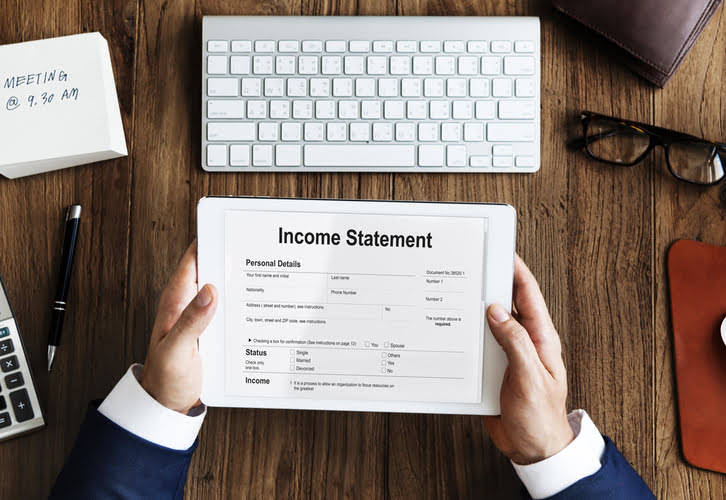
On average, junior freelance accountants charge $20-$40, senior accountants charge $35-$50, and specialists charge $60-$150 an hour. The more specialized your skill set is, the more high-paying jobs you can get. Before you can start making a name for yourself as a freelance accountant, you’ll need a degree. As we mentioned earlier, it could be one in accounting or any relevant business degree. This first step is essential for any aspiring freelance accountant.

This will allow you to position yourself as an expert in that area and attract clients who require specialized accounting services. Additionally, continuously upgrading your skills and staying updated with industry trends will give you a competitive edge. There’s no shortage of cloud-based accounting services for https://www.bookstime.com/articles/full-time-equivalent very small businesses. The online services we review here stand ready to meet the needs of this large swath of the workforce. Three of the services can be used by companies employing 10 or more people, but most of the products are aimed squarely at freelancers, independent contractors, and sole proprietors.
Open a business bank account
It might also appeal to small businesses that need double-entry accounting but not time tracking, robust reports, or full mobile access. The freelance accounting market can be competitive, particularly in areas with a high concentration of accounting professionals. Focus on specializing in a specific industry or niche to stand out.
- Read thousands of informative posts, written specifically to help you excel in your favorite gigs.
- Some provide accounting services with only a business degree, but it’s always better to have a formal training in accounting.
- Finance and work stability are other elements that need to be spoken about.
- If you do a lot of invoicing, test any potential services’ invoicing interface extensively before you commit to one.
- In addition, if you have difficulty with self-motivation, initiative, and entrepreneurship, you will find being a freelancer hard to manage.
As you keep on working, you’ll realize what kind of job offer suits your current requirements best. Look for jobs posted on reliable websites for freelancers or virtual assistants as well as on specific sites for accountants. As a freelancer, you want to make sure that the person or company you work with is trustworthy, and those reputable websites can help you in ensuring that. You can also read testimonials or reviews of other accountants who have worked with those companies in the past.
Choose the right software
While there are some objective advantages and disadvantages of working freelance, the subjective ones are probably the driving force behind the decision. It really comes down to whether this work freelance accountant model is something that you enjoy and can sustain or whether it’ll become a daily source of struggle. So think about your preferences and needs when it comes to the ideal work-life balance.
You may not have a fixed income to boast, but when you become a freelance accountant, you have access to dozens of platforms that can connect you to various businesses all over the world. Secondly, the clients you’ll be working with will most likely be small businesses. This is because a lot of startups and SMEs want to save on costs, so will avoid bringing in a full-time accountant as it’s more cost-effective to hire a freelancer. You may even work for individuals who don’t want to manage their finances or have particularly complicated incomes and need help filing their tax returns. While you don’t need specific qualifications or certifications to become a freelance accountant, having a strong educational background in accounting is highly beneficial. A bachelor’s degree in accounting or a related field will provide you with the necessary knowledge and skills to excel in this profession.
Accounting software
Freelance accountants work for themselves, rather than being employed by an accountancy firm or a company’s accounts department. They provide general or specialist accounting services to businesses or individual clients. It’s often small businesses and sole proprietors who hire freelance accountants because they don’t have the resources to complete accounting tasks themselves. But large businesses may also use freelance services to help them out during busy periods.
- But there are also other aspects that you’ll need to get more familiar with, so let’s dive in.
- Start by building your LinkedIn profile and making sure your other social media accounts are professional.
- Secondly, the clients you’ll be working with will most likely be small businesses.
- Go out and get a coffee or a sandwich at lunchtime, just like you would in a traditional workplace.
- Knowing how to become a freelance accountant entails using financial software.
This may mean specializing in payroll and supporting businesses through their payroll year end checklist. Or, it could mean becoming an expert in tax compliance and ensuring your clients file their taxes correctly. There are plenty of areas to choose from, so you can find your niche and specialize in what excites you. You’ll need a reliable internet connection and a laptop, along with a conferencing app that you’re happy with (many of which are free). You can also accept online payments with apps like Stripe or PayPal.



